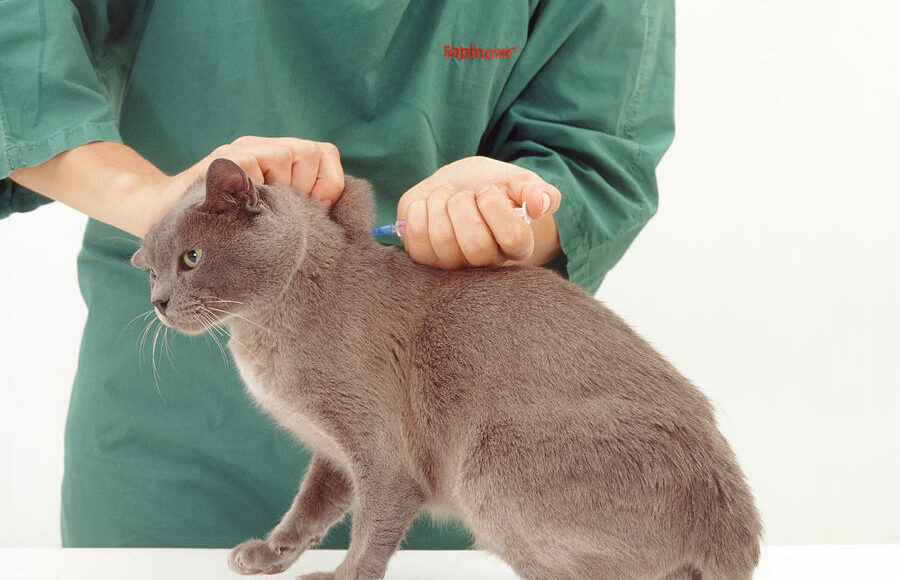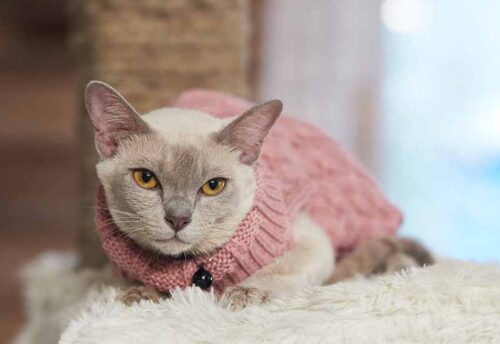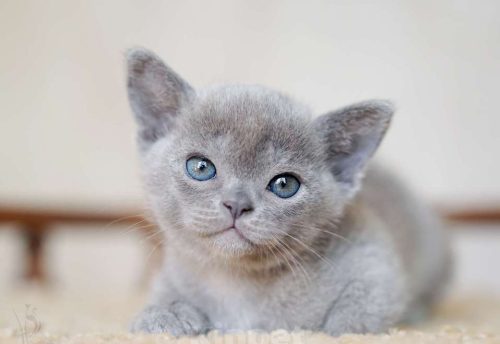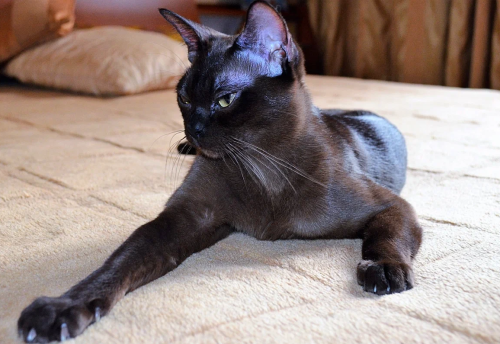
Vaccination of Burmese Cats: Why, When, and How?
Vaccination of Burmese cats is essential to prepare their bodies to face various bacteria, viruses, and fungi. The first vaccinations are typically given by breeders at the cattery, but then it becomes the owner’s responsibility. Proper preparation for the procedure is crucial.
Why Vaccinate a Burmese Cat?
Vaccination stimulates the production of antibodies that neutralize viruses entering the animal’s body. In other words, it helps the immune system fight diseases that could be fatal to the pet.
Vaccinating a Burmese cat is also in the owner’s interest as it reduces the risk of the animal transmitting diseases to humans.
Vaccines are recommended for all Burmese cats, even those that are not allowed outdoors. Pathogens can spread through water and food, and even the most attentive owner cannot fully protect their cat from all potential threats.
Vaccination Schedule
Burmese kittens are vaccinated against:
- Rabies: At 3 months
- Panleukopenia, Calicivirus, Herpesvirus infection, Chlamydia: At 2 months, with a booster after 14-28 days
- Microsporia: At 2 months, with a booster after 14 days
- Feline Infectious Peritonitis: At 4 months, with a booster after one month
Subsequently, adult cats receive annual revaccinations.
How to Prepare a Burmese Cat for Vaccination
To ensure a successful procedure and avoid complications:
- Follow the vaccination schedule: Adhere to the dates indicated on the vaccine packaging.
- Purchase quality vaccines: Use reputable and proven vaccines.
- Ensure the cat is healthy: Have the Burmese cat examined by a veterinarian before vaccination.
- Avoid planned surgeries: Do not perform surgeries (e.g., neutering) within 3 weeks after vaccination.
- Minimize stress: Avoid stressful situations (e.g., moving, guests with animals, shows, travel) one week before and after vaccination.
- Treat for parasites: 10 days before vaccination, treat the cat for ticks, fleas, and worms. This ensures the vaccine’s effectiveness. Provide a nutritious, balanced diet and prevent contact with other animals.
- Do not vaccinate pregnant or nursing cats: Also avoid vaccinating cats that have recently undergone surgery or are on antibiotics.
Vaccination records should be entered in the cat’s veterinary passport, indicating the date and type of vaccine. This document is necessary for participating in shows and traveling both domestically and internationally.
Before buying a Burmese cat, make sure to find a good veterinarian who will look after the pet and keep track of its vaccination schedule.







